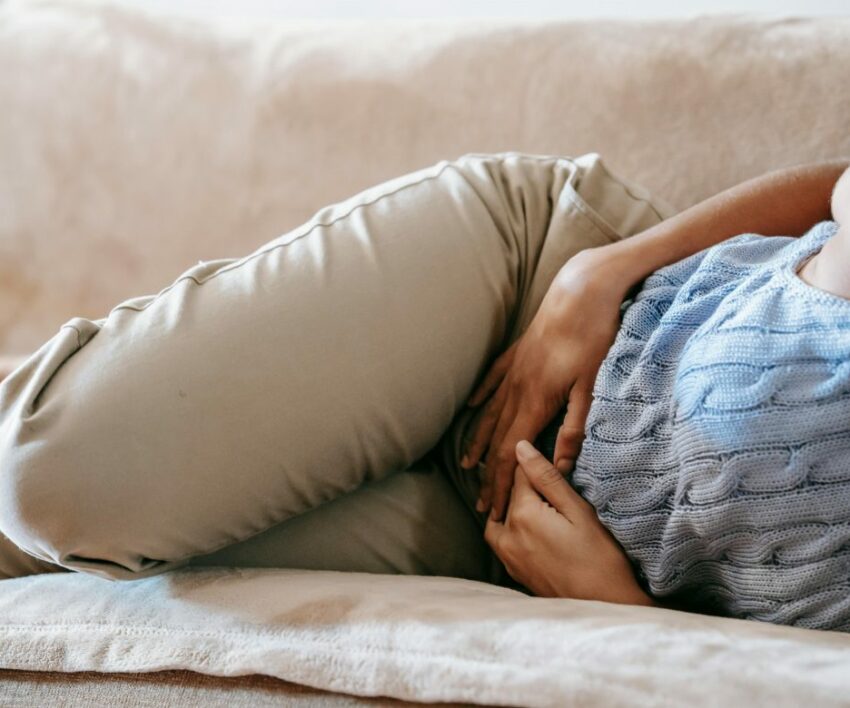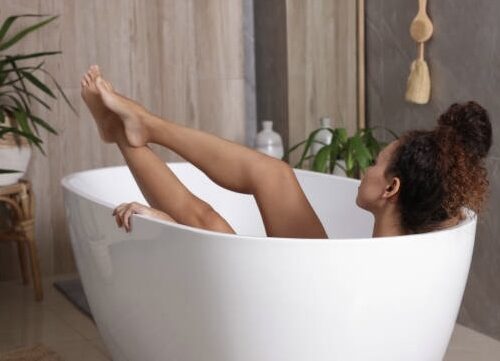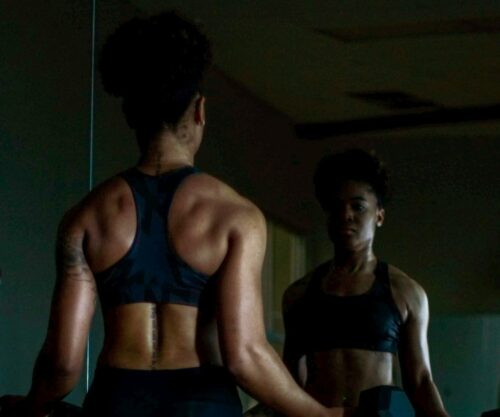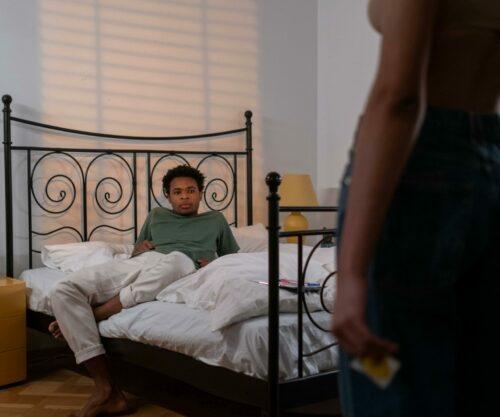
Bladder problems are incredibly common among women, yet they’re often whispered about, brushed off as “normal,” or ignored until they affect daily life. From sudden urgency to frequent bathroom trips, discomfort, or unexpected leaks, bladder issues can feel frustrating, embarrassing, and sometimes isolating.
But here’s the truth – you’re not alone, you’re not imagining it, and you absolutely can treat it.
Let’s break down what every woman should know about bladder health — what causes problems, what symptoms to watch for, and the most effective ways to manage, treat, and prevent them.
Why women are more prone to bladder issues
Women’s anatomy naturally places them at a higher risk. A shorter urethra means bacteria can reach the bladder more easily. Hormonal shifts from menstrual cycles to pregnancy, perimenopause, and menopause — also affect bladder and pelvic floor function.
Add lifestyle stressors and modern-day habits, and it’s no surprise so many women experience bladder issues at some point.
Common bladder problems women face
Urinary Tract Infections (UTIs)
The classic culprit causing burning, urgency, and frequent urination. UTIs happen when bacteria (usually E. coli) enter the urinary tract.
Overactive bladder (OAB)
This involves sudden, uncontrollable urges to urinate — often with little warning.
Stress incontinence
Leaking when you cough, laugh, sneeze, run, or lift something. This is usually linked to weak pelvic floor muscles.
Interstitial Cystitis (IC)
Also known as painful bladder syndrome, IC causes chronic bladder pressure and pelvic pain without infection.
Pelvic floor dysfunction
Tension, weakness, or poor coordination of the pelvic floor muscles can cause urgency, leaking, pelvic pain, and difficulty emptying the bladder fully.
Key symptoms you should never ignore
- Burning or pain during urination
- Blood in urine
- Frequent urination (more than 7–8 times a day)
- Strong urgency
- Leaking
- Pelvic or lower abdominal pain
- Cloudy or foul-smelling urine
If symptoms persist longer than 24–48 hours, it’s always best to consult a healthcare provider.
What actually causes bladder problems?
- Bacterial infections
- Hormonal drops (especially reduced estrogen during menopause)
- Childbirth and pregnancy
- Pelvic surgeries
- Dehydration or low water intake
- Excess caffeine, alcohol, citrus, or spicy foods
- Stress and anxiety (yes, your bladder responds to stress hormones!)
- Certain medications
- Chronic constipation
- Weak or overly tight pelvic floor muscles
How to treat bladder problems — Naturally and medically
1. Strengthen your pelvic floor
Kegel exercises can be incredibly effective, but only if done correctly. Many women unintentionally over-clench or use the wrong muscles.
A pelvic floor physiotherapist can assess and tailor exercises — whether you need strengthening or relaxation.
2. Stay hydrated (The right way)
Not drinking enough water can irritate the bladder even more.
-
Aim for steady hydration throughout the day.
-
Reduce caffeine, fizzy drinks, and alcohol if you notice they worsen symptoms.
3. Adopt bladder-friendly habits
- Don’t “hold it” for too long.
- But also, avoid peeing “just in case” — this trains your bladder to signal urgency too early.
- Maintain a healthy bathroom routine, emptying your bladder fully.
4. Manage constipation
A backed-up bowel puts pressure on the bladder.
Increase fibre, hydrate well, and add probiotics to support gut health.
5. Use heat for comfort
A warm compress or hot water bottle can ease pelvic discomfort during flare-ups.
6. Balance your hormones
For perimenopausal and menopausal women, vaginal estrogen (prescribed by your doctor) can significantly reduce irritation, UTIs, and urgency.
7. Medical treatments
Depending on the cause, your healthcare provider may recommend:
- Antibiotics for UTIs
- Medications for overactive bladder
- Bladder instillations (for IC)
- Electrical stimulation treatments
- Laser therapies for pelvic floor rejuvenation
- Surgery (for severe incontinence cases)
8. Anti-inflammatory lifestyle
Chronic bladder irritation often improves with:
- Gentle movement (like walking or yoga)
- Reducing inflammation-triggering foods
- Managing stress levels
- Prioritising sleep
Your bladder thrives in a calm, relaxed environment — just like the rest of your body.
Natural remedies that can support bladder health
-
D-mannose (especially helpful for UTI prevention)
-
Cranberry extract (not juice — too much sugar!)
-
Magnesium to help relax tight pelvic muscles
-
Probiotics for urinary and digestive support
-
Aloe vera supplements (for IC flare-ups, but use with guidance)
Always consult a professional before trying new supplements.
When to see a doctor
If symptoms persist, worsen, or you’re getting recurring UTIs or leaks, it’s worth getting:
- A urine culture
- A pelvic exam
- A pelvic floor assessment
- Hormone testing (if menopausal symptoms are present)
Early treatment prevents chronic issues.
Bladder problems don’t need to disrupt your life, your confidence, or your comfort. With the right knowledge, lifestyle support, and treatments, they’re absolutely manageable.
And remember — talking about bladder health isn’t embarrassing. It’s empowering.
Compiled by Amy Steenkamp
First published on Woman and Home
Also see: How to know if your gut is healthy




